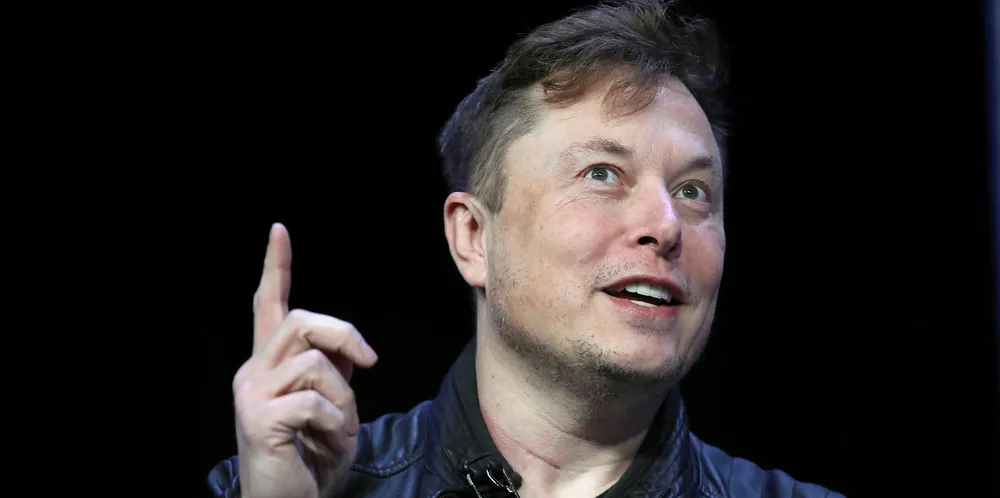Tesla seeks to build and operate utility-scale batteries in the UK
Elon Musk's company is keeping details close to its chest after applying for Ofgem licence, but discloses to Recharge a major piece of the puzzle

Elon Musk's company is keeping details close to its chest after applying for Ofgem licence, but discloses to Recharge a major piece of the puzzle
